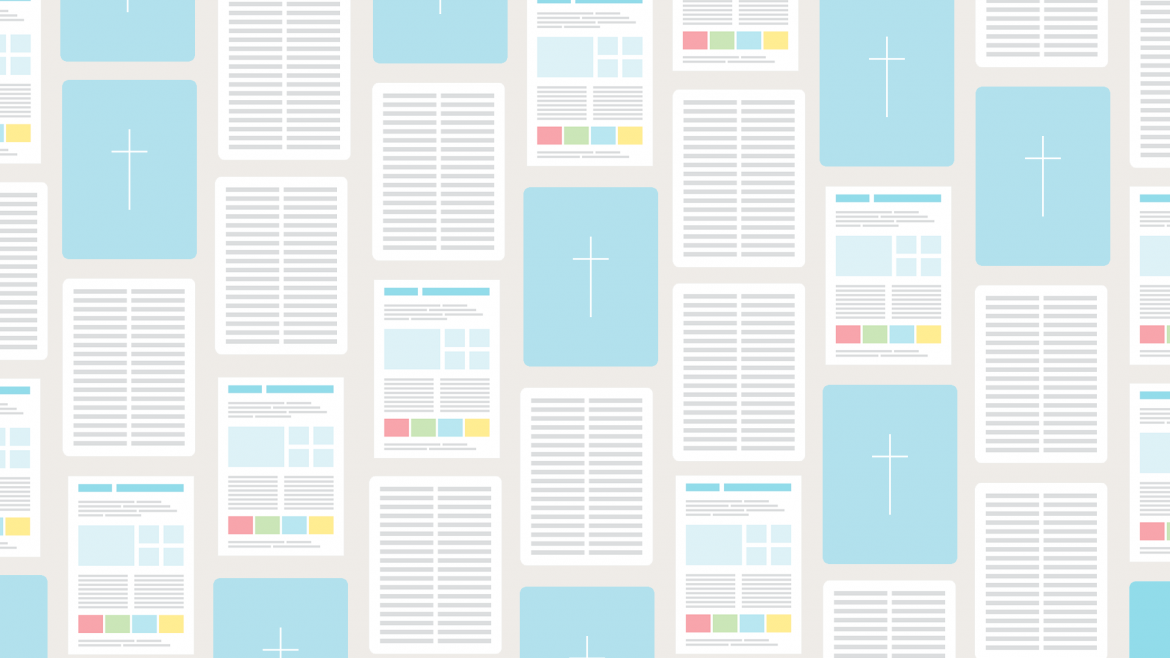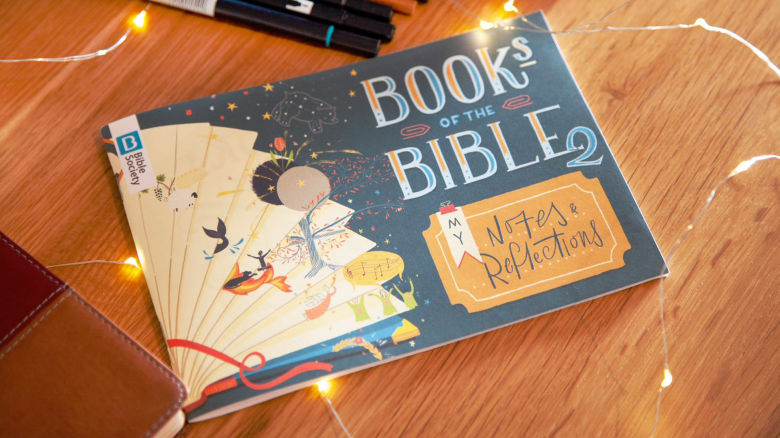The book of Psalms (also known as the Psalter) is a collection of 150 poems, prayers, hymns and meditations. It consists of five collections of Psalms (1–41; 42–72; 73–89; 90–106; 107–150) which have evidently been gathered together at different times. All the psalms are addressed to God, whether they are giving thanks for what he has done or begging for help in a time of crisis. The psalms give us an insight into the life and spirituality of God’s people and have been used continually in both Jewish and Christian worship. Because the psalms are so personal and portray such genuine human emotion, they remain as powerful today as they always were.
It is almost impossible to choose just a few verses from the psalms – these are just some favourites.
Happy are those who do not follow the advice of the wicked, or take the path that sinners tread, or sit in the seat of scoffers; 2 but their delight is in the law of the Lord, and on his law they meditate day and night. (Psalm 1.1–2)
The heavens are telling the glory of God; and the firmament proclaims his handiwork. (Psalm 19.1)
Your word is a lamp to my feet and a light to my path. (Psalm 119.105)
For it was you who formed my inward parts; you knit me together in my mother's womb. I praise you, for I am fearfully and wonderfully made. (Psalm 139.13-14a)
Reading Psalms as a book is tricky in itself. It is one of the few books in the Bible that was not designed to be read as book – it’s an anthology. What you get when you read it as a book is a sense of the breadth of emotion and the clever way in which Psalms has been put together.
Many of the psalms in the Psalter are ascribed to David, though others are given different authors and some are anonymous. Psalms seem to have been written throughout Israel’s history.
Psalms were written throughout the Old Testament period. One of the earliest is the song of Miriam and Moses at the Red Sea (see Exodus 15.1–21). At the other end of the timeline, many scholars think Psalm 30 was written when the Temple was rededicated after the Maccabean revolt in 164 BC.
Many believe the Psalter to have been compiled in the second century BC, with the five collections being drawn together at that point.
Read Psalms and find out – the psalms reveal a wide range of emotion from pure joy (Psalm 150) to utter despair (Psalm 88) with many points between.
In terms of individual psalms and their dating, the book probably spans almost the whole Old Testament.
It is an anthology of poetry and has all sorts of different poems in it. Types of content include:
The book of Psalms falls into five sections or ‘books’. Each ends with a ‘doxology’ or hymn of praise to God (41.13; 72.20; 89.52; 106.48, with the last ‘book’ ending with a whole psalm – Psalm 150 – serving as a doxology). Some also argue that Psalms 1–2 act as an introduction to the whole book.
Book 1: 1–41 – most of these are psalms of lament
Book 2: 42–72 – most of these are psalms of lament
Book 3: 73–89 – this book is an equal mix of laments and other types of psalms
Book 4: 90–106 – this book contains more hymns and psalms of thanksgiving than of laments
Book 5: 107–150 – this book also contains more hymns and psalms of thanksgiving than of laments
As well as the five big collections you will also notice a number of smaller collections (like the Psalms of Ascent, 120–134). It is thought that these smaller collections were gathered together to make the larger collections that we now have.
You will notice that the beginning of the Psalter has more laments and the end more hymns and psalms of thanksgiving. The centre of the Psalter (in terms of quantity of text rather than numbers of psalms) is Psalm 88, which is the only psalm of complete despair. The corner is then turned and much more praise is to be found. It is possible that the Psalter intends to take the reader from lament to praise in the structure of the collection.
At the start of the Psalms you will notice a range of unfamiliar words. Some refer to the names of temple musicians (like Asaph or the Korahites); phrases that begin ‘according to...’ are thought to refer to the tune or manner of singing the psalm. Sadly we no longer know exactly what this means. Here are some other words with which you may not be familiar.
Ephraim, Ammon, Assyria, Babylon, Bashan, Canaan, Cush, Edom, Ephrathah, Gath, Hermon, Horeb, Jerusalem, Judah, Lebanon, Midian, Moab, Mount Hermon, Mount Horeb, Mount Tabor, Mount Zion, Negeb, Philistia, Salem, Sheba, Shechem, Shiloh, Tarshish, Tyre, Zion
Amorites, Benjamin, Benjaminite, Edomites, Isaac, Israel, Korahites, Levi, Manasseh, Melchizedek, Moses, Philistines
Altar, Selah, Maskil, Miktam, Baal, burnt offering, Cherubim, idols, priest, Sheol, wadi, wisdom tradition
The nature of God is described and declared time and time again throughout Psalms. What picture of God do you get as you read your way through?
Nearly all the psalms of lament, no matter how despairing, end with a statement of confidence in God. Does this deep confidence in God change the feeling of despair?
Certain psalms and themes repeat throughout the Psalter – look out for these and ask why this might be.
Notice the relationship between God and his people in Psalms. Even in times of absolute despair the people spoke to God, cried out to him and asked him for help. It sometimes feels as though there is nothing that they felt they could not say. How does this compare to your prayer life with God?
Try writing your own psalm – what might you put into it?

Here are 8 handy tips to get your book club up and running.

Here are some ideas to get you started.

Unsure of the meaning of a word or phrase in the Bible? Check our glossary of terms.
Books of the Bible journal: 2nd Edition
Journey through the Bible, one book at a time, with the 2nd edition of our Books of the Bible journal.
